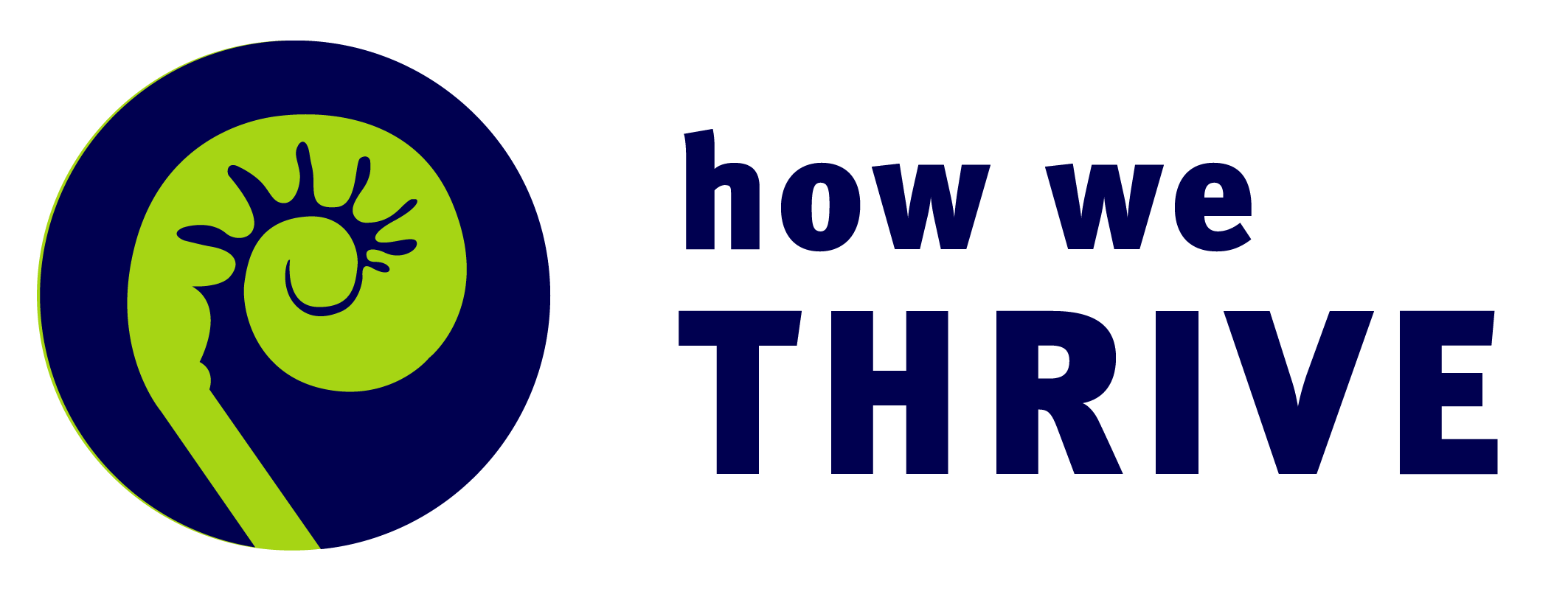It takes a village
January 21, 2022
Host: Mike Kennedy
Guests: Angus Brendan MacNeil and Rodney MacDonald
In this visit Rodney MacDonald (Cape Breton fiddler, step dancer and President of Colaisde na Gàidhlig) and Angus Brendan MacNeil (Barra Crofter, Native Gaelic speaker, and Member of Parliament for Na h-Eileanan an Iar | The Western Isles) shared their perspectives on what it was like growing up in Gaelic communities on either side of the Atlantic—what made them feel rooted in their community, what changes they have seen in their lifetimes, and what hopes they have for the future.
What we heard
Host Mike Kennedy began by weaving connections that span many generations, incorporating songs and their singers, and remembering events and people from hundreds of years ago as well as recent. All these connections linked him and his guests Rodney MacDonald, who called in from Mabou, Cape Breton, and Angus Brendon MacNeil in Barra, Scotland.
Angus Brendan spoke about the humour and social bonds that a language offers, and the connection between language, culture and community economic development in places like the Faroe Islands. He said everyone there, from business people to artists, say language revitalization is crucial to their social and economic development. The Faroese have seen a 10 per cent growth in population and have internet connections that rival any area in the world.
Rodney MacDonald's thoughts of enough/plenty took him to his grandmother's home, where live music was as common as tea and biscuits. As a young boy, the fiddler and step-dancer learned timing from standing on his mother's feet as she danced to fiddle tunes in the kitchen. He also spoke of another sense of timing— that of always having enough time to spend with people, which was just a way of being when he was growing up in Mabou in the 1970s and 1980s.
When asked what an ancestor from the past would say about the state of Gaelic language and culture today, Rodney thought they would be pleased to see what is happening, considering that not so long ago there was a sentiment that children should not learn Gaelic. He thought they'd hear a difference in the tunes that were played, and how the pace of things has sped up, including the music. Angus Brendan felt his ancestors would be amazed at the fact that they have Gaelic radio and TV in Scotland. Both men felt they would see a new pride in the language and culture.
Rodney said a can-do attitude is important to Gaelic development. "We have to decide what the house is going to look like and just do it," he said. "On both sides of the Atlantic."
What stayed with you from the conversations?
Themes and quotes from our small group conversations (read all the comments here)
My Grandfather MacCumhais would be so pleased that so many people are learning and using Gàidhlig.
I would like to see the Gaelic societies across Canada become more connected; this would make us all stronger.
The sense of the simple things being the most fulfilling and meaningful—sharing good company, good music, dancing, chatting.
May my belonging not be at the cost of excluding others.
Having a neighbour stop with fresh mackerel just because he thought of us. Sharing is such a big part of living on the North Shore.
Having people who could answer questions around you that are now gone. . .sometimes when you are young you don’t value that!!
Filling a basket as a metaphor for the Gaelic journey—picking up things along the way, from courses, conversations, events like tonight, concerts, etc and filling your basket with them. But taking time to stop, look into your basket to see what you've collected, spend time with what is there before collecting more. That pause is part of the journey. Also sharing what you've been collecting along the way. The basket's capacity can be gu leòr at any level.
Don't give in to despondency.
Celebrating the dance and weave of living voices and resonance of memory that flows through the generations and echoes on.
Focus on the weaving of the community "cloth" giving it as much "time" as it needs to strengthen. Just do it!
The sense of community and feeling "at home" at any Gaelic community gathering. That is "gu leòr" for me.
The theme of going slower really resonated with us both.
I would like the word “revival” unpacked, as a Gaelic learner it may not denote plenty or gu leòr.
It's very important to learn Gaelic in the homes of community members bringing it to life. We need more Gaelic teachers who are also available. Special bonds are formed with Gaelic learners which connects each of us to community.



